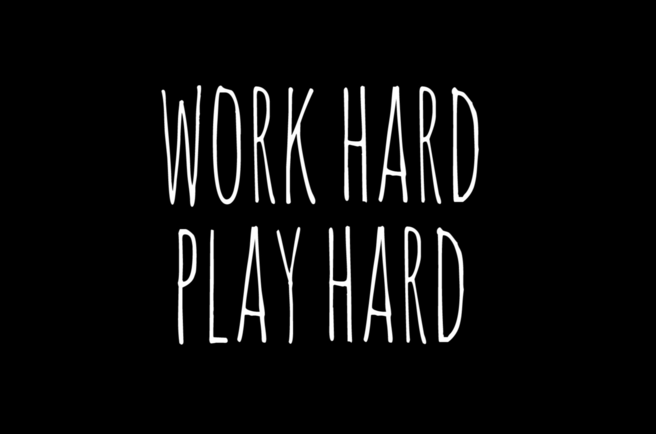I’ve been a serial entrepreneur for 30 years, and I’ve launched numerous companies, sat on on boards and advised numerous startups. I don’t have enough space on this page tell you all the things I’ve learned, but I can share a few tips that I hope will go a long way.
Be Willing to Fail
I don’t like to use the word failure. I like to think of failures as opportunities, even though it can be heartbreaking and frustrating when you put 110% into something and it doesn’t work … and the only word you can think of is failure. Every entrepreneur experiences growth opportunities. So you learn to keep trying and use each failure as a learning lesson to figure out how to make it work next time.
Perfect Your Elevator Pitch
If you can’t tell me in 30 seconds what you and your company do, that tells me you are probably not ready to raise money yet. And that’s OK – a lot of startups struggle with answering the question, “Why do we exist?” If the concept is viable and the potential investor can see past your hesitations and wordiness, they might be willing to work with you to narrow your focus. Your elevator speech should answer these questions:
- Who are you: Example: I’m the co-founder of Techy Tech Company.
- Why does the business exist? We built an ecommerce platform to answer this need …
- Who is the market? For movie theaters …
- How does it solve their problems? That allows movie-goers to choose and reserve their own seats.
Control Your Online Reputation
You have to be willing to put the time and effort in to get the “good stuff” out there so potential investors get to know the real you. You’ll find several fee-based services that will do this for you, but you can do this yourself:
- Several times a month search your name on Google, Bing and Yahoo. Those are the three largest search engines.
- Monitor your name on Twitter
- If your name is often misspelled, search for misspellings; same goes for variations of your name (MLK Jr. vs Martin Luther King Jr.)
- Set up professional profiles on the major social networks such as LinkedIn, Google+ and Facebook.
Work Hard and Play Hard
Work hard and play hard. Is it productive for you to spend 100+ hours a week on your business, or will you burn out? There are only a couple of rare people I have met who can sustain such a demanding schedule productively. Is spending less time, but more time focused on the right things a better strategy for you? Whatever works best for you, remember take the time to play hard as well. I can tell you that you’re headed for burnout if you don’t find the right balance for yourself. When I was starting out, I had a mentor who gave me the best advice: Work hard and play hard. For me, finding that right balance between working hard and playing hard has been one of the most rewarding lessons I have learned.

Derek Rundell, is a successful business leader, operator, and serial entrepreneur. Derek has founded, managed and sold businesses in the technology, media and finance industries. He sits on several boards and serves as an advisor/investor to numerous established businesses and startups. Startups are Derek’s real passion, and in addition to building his own portfolio of technology, media and financial ventures, he invests in and mentors startups and entrepreneurs. He is passionate about sharing his knowledge and helping other businesses succeed.


